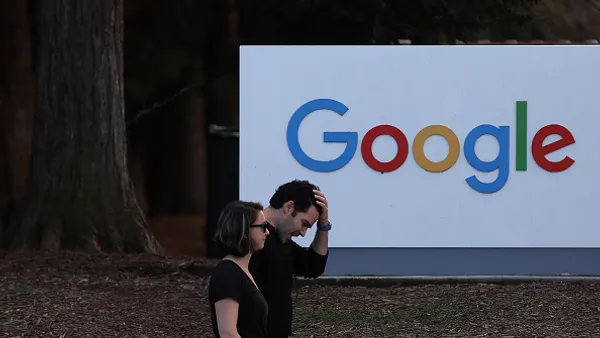As marketers, we like to think that what we are doing is a positive thing by helping brands spread their message, but the line between ethical practices and exploitation can be thin. Sometimes we make mistakes that bring our brands and campaigns unwanted negative attention. If it grabs enough negative attention and a complaint with the Federal Trade Commission is filed, then the campaign can find itself under scrutiny from the federal government.
This isn't really a position any brand or marketer wants to find themselves in, but it happens. In recent years, there have been several major marketing campaigns that have fallen under federal investigations for questionable practices. Here's what you can learn from their mistakes:
EXHIBIT A: E-CIGARETTES
Electronic cigarettes (e-cigarettes) as we know them today started hitting the U.S. market around 2007. These devices, designed to mimic cigarette or cigar smoke, heat up liquid nicotine until it becomes an vapor to be inhaled. The idea is that users can still receive the nicotine without ingesting some of the harmful substances, like tar, found in paper cigarettes and tobacco products.
As of today, there is no federal legislation on the sale or marketing of e-cigarettes so any regulation has been on the state level. Unlike traditional cigarettes, which have been banned from TV and radio since the 1970s, e-cigarettes have been able to able in television ads, including this spot with Jenny McCarthy.
This month, the FDA will be deciding whether e-cigarettes will fall under the same marketing and advertising restrictions as their traditional counterparts. E-cigarette manufacturers are preparing for the FDA to impose stricter regulations, especially in tactics perceived to be targeted at youth.
EXHIBIT B: JOHNSON & JOHNSON
Beginning last year, Johnson & Johnson was hit with a string of some 10,000 lawsuits regarding the A.S.R. hip replacement the company recalled in 2010. The federal investigation into the marketing practices of The DePuy Orthopaedics branch of this all metal hip replacement began in 2012 and continues today.
According to internal documents from DePuy, the company had knowledge of the flaws in the A.S.R. device long before they recalled it. Officials never shared this information with doctors or patients according to the documents. A jury in Chicago rejected claims that the manufacturing giant had inappropriately marketing the artificial hip to doctors and hospitals, but a jury in Los Angeles saw it differently. In that case, the jury sentenced Johnson & Johnson to pay $8.3 million to a Montana man.
In an effort to save their image from the recalls of the hips replacements and several drugs, the company launched its first global corporate branding campaign in over 10 years. The “For All You Love” campaign worked to paint the company as a family brand and pull at your heart strings like in this video spot, featured below.
EXHIBIT C: "TELL A FRIEND" CAMPAIGNS
Last year, the Center for Digital Democracy (CDD) and 16 other advocacy groups filed a five separate complaints with the FTC about the so-called “tell a friend” or “refer a friend” campaigns. The brands involved encouraged children to play branded games and then share their friends’ email addresses. The advocacy groups claimed this was a violation of the Children’s Online Privacy Protection Act (COPPA). Brands involved included McDonald’s, Viacom, Turner Broadcasting, General Mills, and Subway.
The complaint also claimed these tactics were “unfair” and “troubling” because they were aimed at children who couldn’t yet grasp that they were part of an advertising campaign. For example, one of the games form McDonald’s encouraged children to upload photos of themselves that were then turned into videos. The children were then asked to share with their friends by providing email addresses. The brand sends emails out with the children’s photos turning them into unknowing advocates of the brand.
That particular video game has been taken down since the complaint and if you visit the Happy Meal site there is a small disclaimer at the top left hand side saying “Hey kids, this is advertising.”
Would you like to see more marketing industry news and information like this in your inbox on a daily basis? Subscribe to our Marketing Dive email newsletter! You may also want to check out our Marketing Dive's look at 3 B2B brands that learned a few tricks from B2C marketing.














